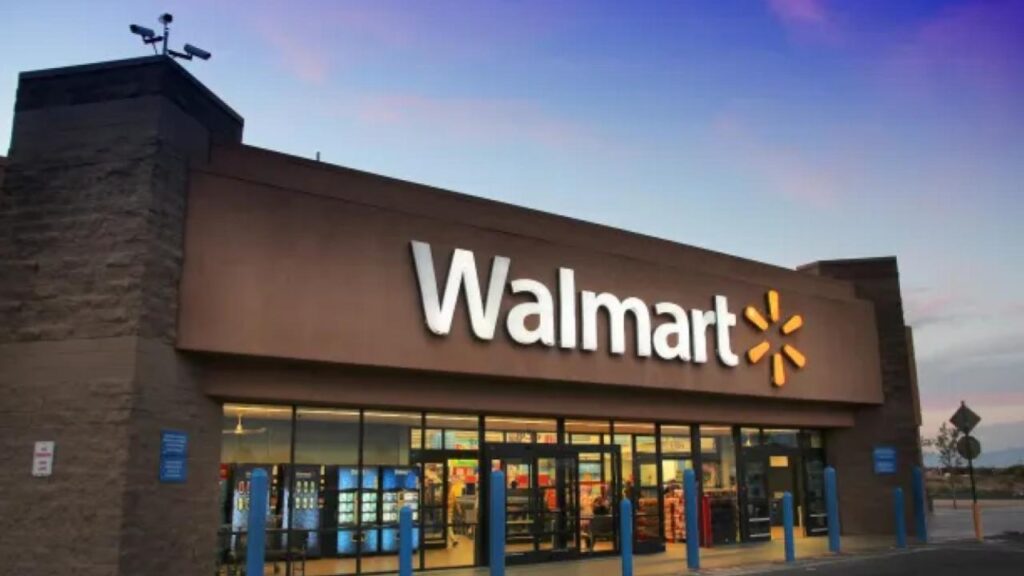In a world where even your local grocery chain is playing fintech, two retail giants—Walmart and Amazon—are reportedly working on launching their own stablecoins. By pegging them to the U.S. dollar, these digital tokens promise faster checkout, slashed fees, and a major shake-up of the traditional banking system.

Walmart and Amazon’s Shocking New Payment System
| Insight | Impact |
|---|---|
| Retail stablecoin exploration | Walmart and Amazon are exploring USD‑pegged stablecoins to bypass card fees |
| Genius Act legislative driver | The Guiding and Establishing National Innovation for U.S. Stablecoins (Genius) Act is advancing in the Senate |
| Pressure on Visa/Mastercard | Shares slid ~4–6% after retail stablecoin news |
| Banking disruption | Legacy banks likely to follow or feel the impact |
We’re at the dawn of a payments revolution. If retail-issued stablecoins gain traction, they could redirect consumer spending away from banks, reshape loyalty programs, and command how our cash flows. Regulators, retailers, and legacy financial players are all pivoting. For you, that means up-to-date digital wallets and readiness for a possibly cash‑lite future.
Why This Matters
A Retail Revolution
Blooming fintech isn’t just a curiosity—it’s a strategy. Both Walmart and Amazon are speculated to be weighing whether to:
- Issue their own USD‑pegged stablecoins
- Join a merchant consortium that adopts third-party tokens
With billions spent annually on interchange fees (charged by banks and card networks like Visa and Mastercard), these companies are eyeing serious cost savings.
Banks Under Siege
These moves threaten entrenched interests. Visa and Mastercard stocks dropped roughly 4–6% on trader concerns. Analysts aren’t convinced this spells doom—consumer behavior, rewards programs, and regulatory hurdles could slow momentum—but traditional banks are undeniably on notice.
Enter the Genius Act
A Senate‑advanced bill, the Genius Act, would regulate stablecoins via a federal-state framework—enabling large firms to issue tokens backed by reserves. Supporters call it essential for U.S. competitiveness; critics worry about inadequate consumer safeguards.

What It Means for You
- Faster, cheaper payments — automated, instant settlements without waiting on days‑long card processing.
- Loyalty perks upgrade — expect new rewards tied to retailer-issued tokens.
- Privacy and security trade-offs — payments may bypass banks, but shift consumer data handling to corporate ledgers.
- Mixed adoption path — mass use hinges on user trust, ease of adoption, and regulatory clarity.
What to Do Now
- Stay alert: Monitor Genius Act proceedings over coming weeks.
- Early adoption advantage: Retailers like Amazon and Walmart may offer extra incentives for using their tokens early.
- Track card behavior: Banks and credit networks will likely innovate—could bring better terms or perks your way.
- Be cautious but curious: Even stablecoins with U.S. backing require scrutiny—understand rights and protections.
FAQs
Will stablecoins replace credit cards?
Not immediately. Cards still offer strong rewards and protections. But retailers aim to introduce alternatives targeting everyday purchases and cross-border transfers.
How risky are stablecoins?
Stability depends on reserve backing and issuer transparency. The Genius Act aims for regulatory rigor, but consumers must still weigh token issuer risks.






